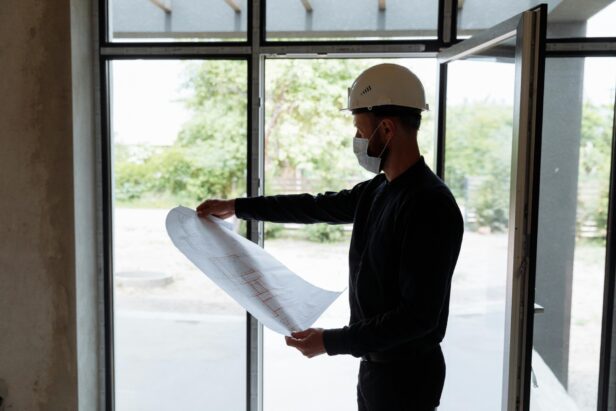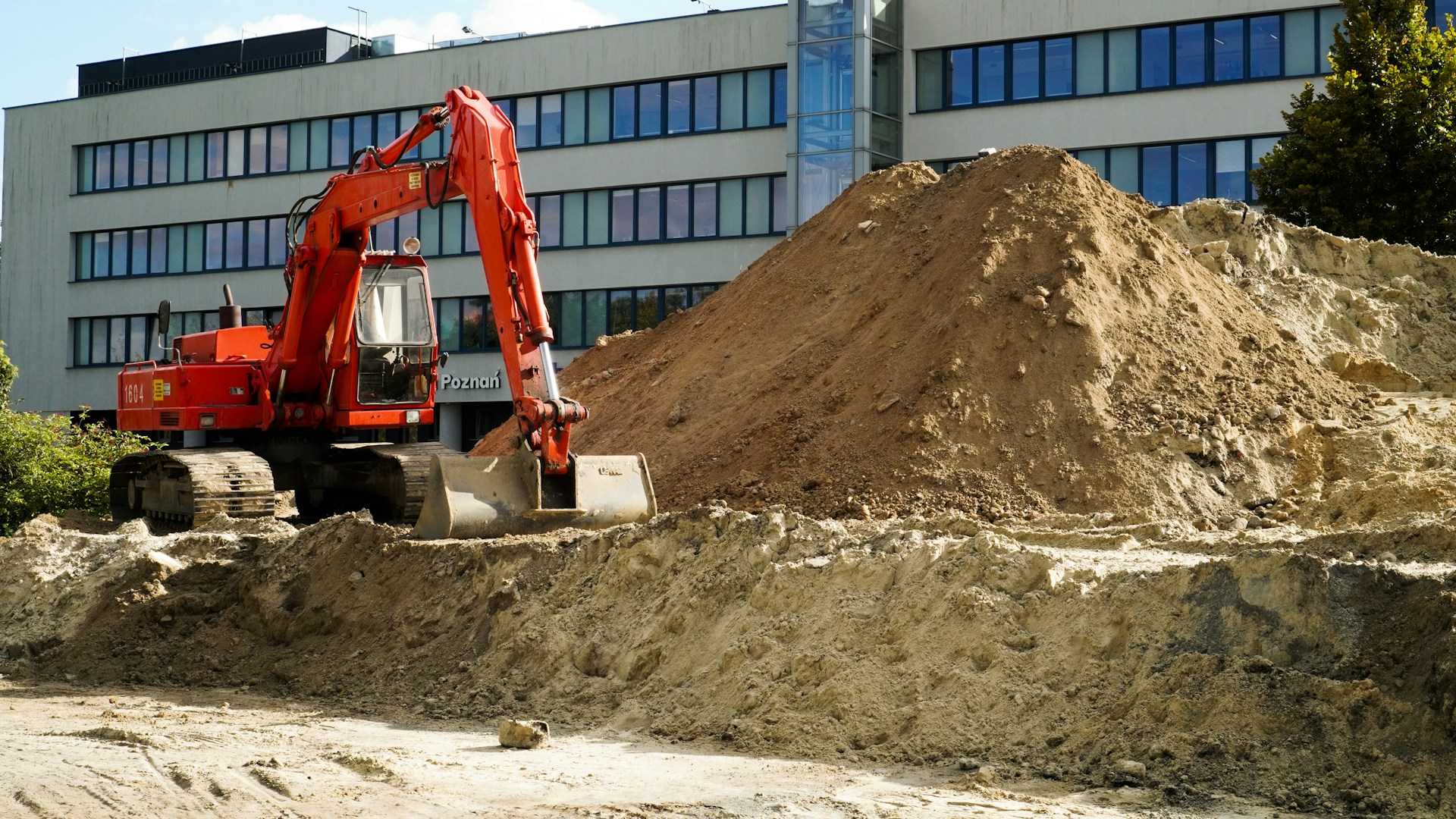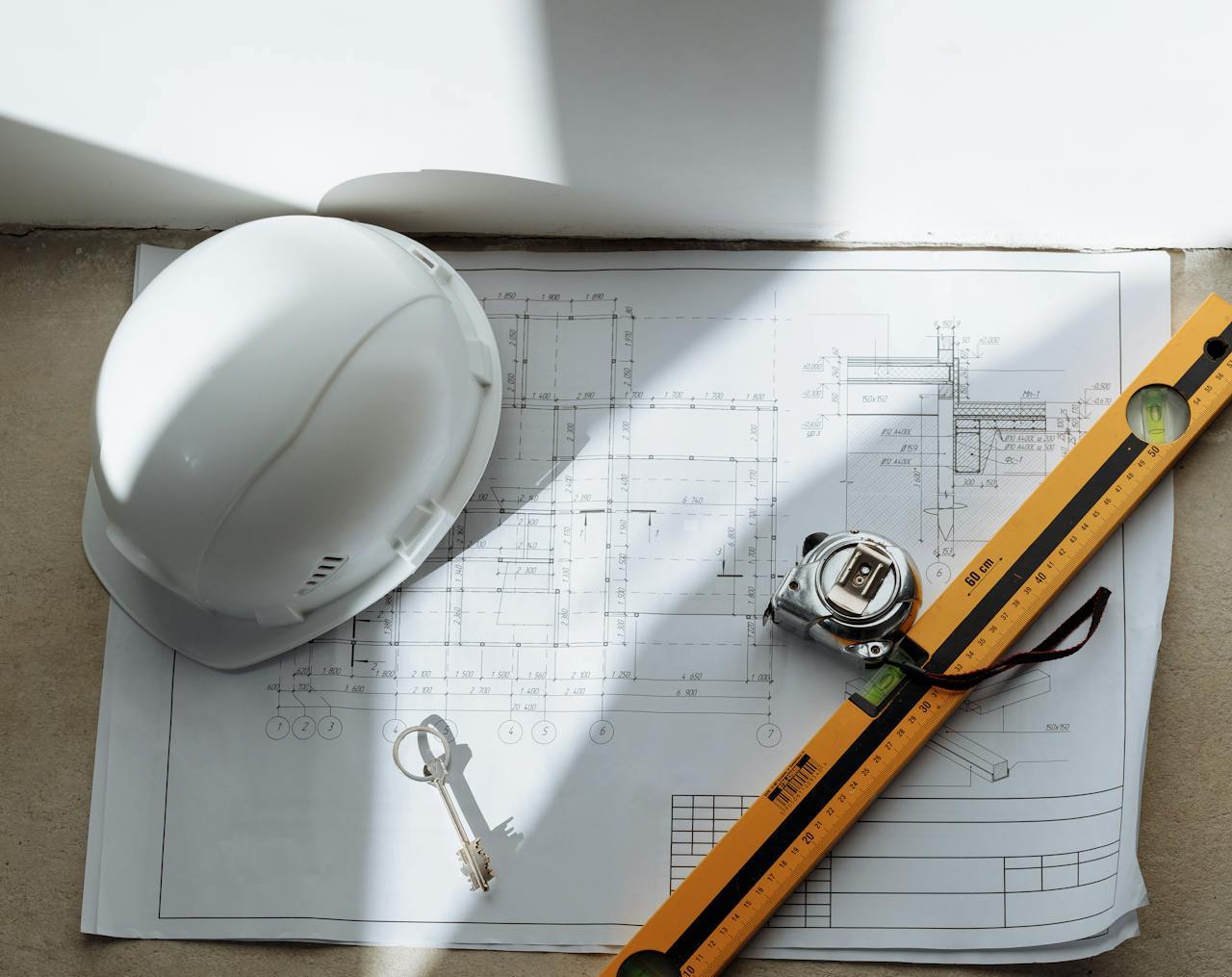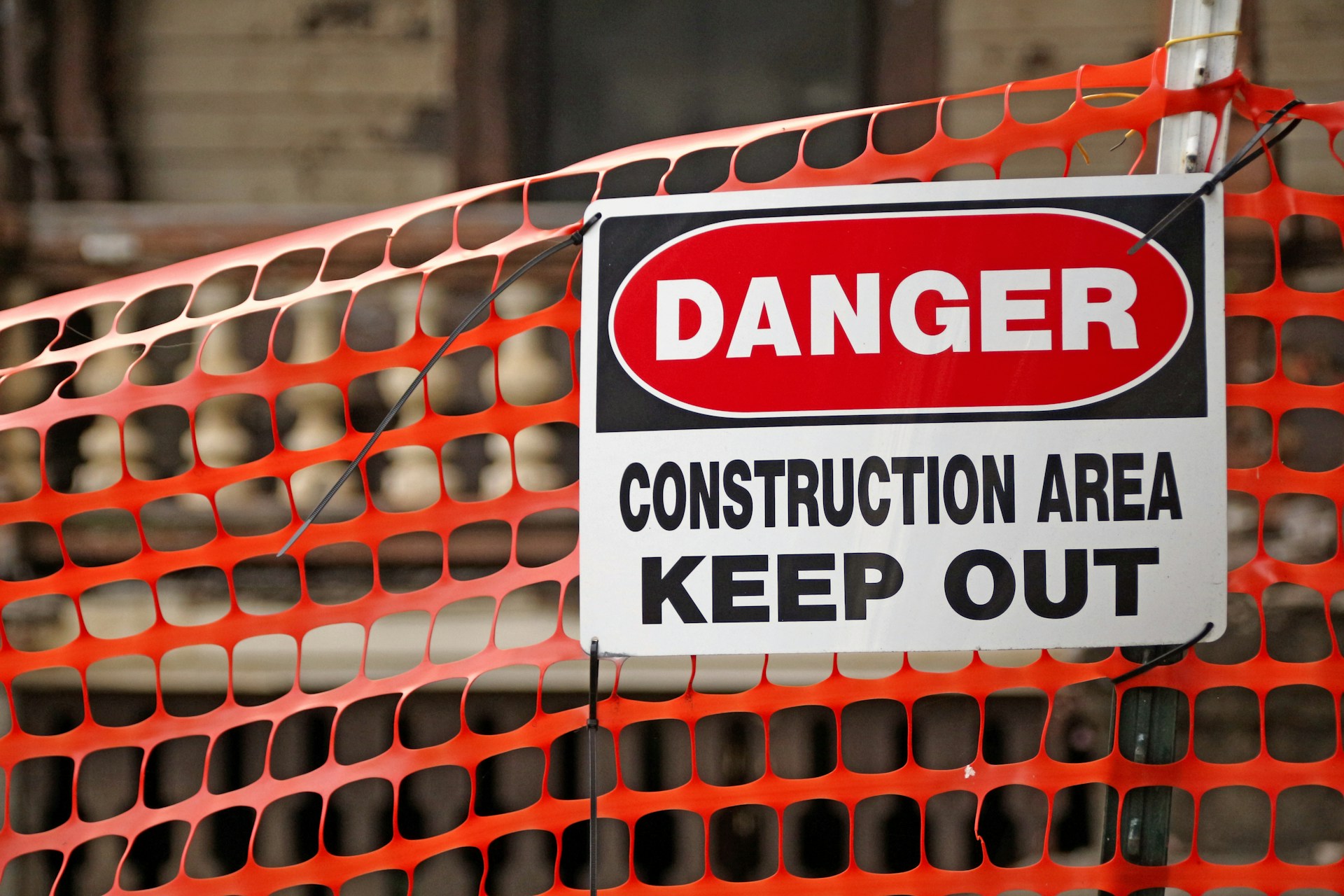Dallas tenant improvement contractors transform existing leased spaces into customized business environments that match your operational needs. These projects drive much of the construction activity across the Dallas–Fort Worth metroplex as businesses expand, relocate, or modernize their facilities.
We handle everything from basic finish updates in Plano office buildings to comprehensive build-outs in downtown Frisco retail centers. The scope varies dramatically—some projects involve simple paint and carpet refreshes, while others require full interior demolition, new mechanical systems, custom millwork, and specialty equipment installation to create spaces that support your business objectives.
Which Services Should You Expect From A Dallas TI Contractor?

Core Delivery Methods
Dallas tenant improvement contractors typically offer three primary delivery approaches. General construction provides traditional project oversight where we manage construction while you handle separate design contracts. Design-build construction combines both design and construction under one contract, streamlining communication and accountability. Construction management positions us as your representative, coordinating all trades while you maintain direct contracts with key suppliers.
Each method serves different project needs and timelines. Design-build often accelerates schedules since design and construction phases can overlap. Construction management works well for complex projects requiring specialized oversight. We help property owners select the approach that best fits their budget constraints and completion deadlines.
Preconstruction Support Services
Strong preconstruction planning forms the backbone of successful tenant improvements. Project planning and budgeting establish realistic cost expectations before construction begins. We analyze your space requirements, existing conditions, and desired finishes to develop accurate estimates that account for Dallas-specific factors like permitting costs and local labor rates.
Value engineering identifies opportunities to optimize your investment without sacrificing quality. This process examines material selections, system designs, and construction methods to find cost-effective alternatives. Critical path scheduling maps out the sequence of work, highlighting which tasks must complete on time to avoid delays. These services prevent budget overruns and schedule conflicts that commonly derail tenant improvement projects.
Project Types And Scope Coverage
Our tenant improvement expertise spans multiple project categories. Traditional tenant improvements transform raw shell space into functional work environments. Remodels update existing finishes and layouts to reflect current needs. Renovations address both cosmetic updates and major system upgrades. Expansions add square footage or reconfigure adjacent spaces to accommodate growth.
Each project type requires different expertise and coordination approaches. Tenant improvements in new buildings focus on efficient installation of finishes and systems. Remodels in occupied spaces demand careful scheduling to minimize business disruption. Renovations often uncover existing conditions that require engineering solutions. We coordinate these varying requirements while maintaining consistent quality standards across all project types.
Ongoing Support And Maintenance
Post-construction services extend our relationship beyond project completion. Facility solutions address ongoing operational needs as your business evolves. Building services include preventive maintenance programs that protect your investment and ensure systems operate efficiently. Concrete services handle repairs and updates to floors, walkways, and structural elements.
This ongoing support proves particularly valuable in Dallas where temperature extremes and seasonal weather can impact building systems. We establish maintenance schedules that prevent minor issues from becoming costly repairs. Our familiarity with your space and systems allows us to respond quickly when problems arise, minimizing downtime and maintaining professional appearances.
Which Spaces And Scopes Are Common In Dallas TI Projects?
Dallas tenant improvement projects span diverse commercial environments. We regularly handle corporate offices, multi-tenant offices, retail suites, financial services facilities, healthcare suites, and industrial interiors. Each space type demands unique approaches to layout, functionality, and compliance requirements.
Corporate offices require careful consideration of workspace flow and employee productivity. Multi-tenant offices present coordination challenges across shared building systems. Retail suites focus on customer experience and merchandise display optimization.
Office Renovation Scopes
Office renovation Dallas projects typically include open office layouts that promote collaboration while maintaining individual work zones. We construct private offices, conference rooms, and flexible meeting spaces that adapt to changing business needs. Reception and lobby upgrades create powerful first impressions with custom millwork, upgraded flooring, and strategic lighting design.
Break rooms and kitchen facilities require specialized plumbing and electrical coordination. We install commercial-grade appliances, adequate counter space, and proper ventilation systems. These amenities significantly impact employee satisfaction and retention.
Corridor finishes and restroom upgrades ensure compliance with ADA standards while enhancing the overall professional appearance. We coordinate with building management to minimize disruption during construction in occupied spaces.
Retail And Commercial Spaces
Retail tenant finish-out projects focus on creating environments that drive sales and enhance customer experience. We design and build fitting rooms, display areas, and point-of-sale locations that optimize traffic flow. Custom millwork and built-in displays showcase products effectively while maximizing floor space.
Financial and healthcare suites demand specialized considerations. Banking facilities require security systems, vault coordination, and customer privacy zones. Medical suites need specialized HVAC systems for air quality, medical gas lines, and compliance with healthcare regulations.
Ceiling features play crucial roles in retail environments. We install decorative elements, integrated lighting systems, and acoustic treatments that create the desired ambiance while concealing necessary building systems.
Industrial Interior Applications
Industrial interiors present unique challenges with heavy equipment loads, specialized ventilation requirements, and safety considerations. We coordinate structural modifications to support machinery and optimize workflow patterns. These projects often include loading dock improvements, warehouse organization systems, and office spaces within industrial buildings.
MEP upgrades form the backbone of most tenant improvement projects. We coordinate electrical system expansions, data cabling installations, and lighting upgrades that meet current technology demands. HVAC upgrades ensure proper climate control for equipment and occupant comfort.
Interior doors require careful selection based on fire ratings, security needs, and acoustic requirements. We coordinate with building codes to ensure proper egress paths and emergency access throughout renovated spaces.
Expanded Program Elements
Larger tenant improvement programs often incorporate training rooms equipped with presentation technology, video conferencing capabilities, and flexible furniture arrangements. These multipurpose spaces serve various functions from employee development to client meetings.
Collaborative zones have become essential in modern office environments. We create informal meeting areas, phone booths for privacy, and flexible workstations that support different work styles. These spaces often feature specialty millwork, integrated technology, and acoustic treatments.
Dining areas and employee cafeterias require commercial kitchen coordination, proper ventilation systems, and code-compliant seating arrangements. We handle everything from simple coffee stations to full-service dining facilities.
Connecting stairs between floors present complex coordination challenges. We work with structural engineers and building officials to ensure proper fire ratings, egress calculations, and structural support. These elements often become architectural features that enhance the overall space design.
Downtown Dallas towers frequently undergo adaptive reuse projects that transform outdated office floors into modern mixed-use spaces. These projects combine residential units, retail spaces, and office areas within existing building shells. We navigate the complex requirements of mixed-use zoning while preserving historic architectural elements where required.
How Do Budget, Timeline, And Permitting Typically Work In Dallas?

Tenant improvement costs vary based on space type and scope complexity. Retail fit-outs typically cost $80–$130 per square foot, while office buildouts run $120–$200 per square foot. These ranges reflect Dallas market conditions and include materials, labor, and basic finishes.
Cost variations stem from several factors we see across projects. High-end finishes, complex MEP systems, and specialty millwork push costs toward the upper range. Open-plan layouts with standard finishes generally fall toward the lower end of each category.
Project Timeline Considerations
Most tenant improvements complete within 2–4 months from permit approval to final inspection. Simple retail updates may finish in 6–8 weeks, while complex office buildouts with new HVAC zones can extend to 16 weeks.
Timeline factors include permit approval duration, material lead times, and coordination complexity. We track critical path milestones to identify potential delays early. Summer months often see longer material delivery times due to higher construction activity across the Dallas–Fort Worth region.
Permitting And Compliance Framework
Dallas building regulations require permits for most tenant improvement work affecting structural elements, MEP systems, or egress paths. We coordinate with city codes officials early in preconstruction to clarify requirements and avoid submission delays.
ADA compliance represents a critical consideration throughout the process. Even minor tenant improvements must meet accessibility standards for routes, restrooms, and workspace configurations. We integrate these requirements into design development to prevent costly revisions during construction.
City codes vary between downtown high-rises and suburban office parks. Historic districts add preservation requirements that influence material selections and construction methods. We factor these regulatory nuances into project scheduling and budgeting from day one.
Budget And Schedule Management
Preconstruction planning establishes realistic cost and timeline targets before construction begins. We conduct value engineering sessions to optimize specifications while maintaining design intent and performance standards.
Critical path scheduling identifies dependencies between trades and milestone deliverables. This approach helps coordinate MEP rough-in with ceiling installation and ensures inspections occur at appropriate construction phases. Regular schedule updates keep all stakeholders aligned on progress and upcoming requirements.
How Should You Select And Manage A Tenant Improvement Contractor In Dallas?
Finding the right tenant improvement contractor in Dallas requires a thorough approach. We focus on contractors who demonstrate expertise in commercial space renovations and understand the specific requirements of Dallas building codes and regulations.
Verify Contractor Credentials And Licensing
Start by checking the contractor’s license status with the local licensing board. Dallas requires specific licensing for commercial construction work, and we verify that any contractor we consider holds current, valid credentials. This step protects our clients from legal issues and ensures the team meets professional standards.
Check insurance coverage including general liability and workers’ compensation. Request certificates of insurance and verify coverage amounts with the insurance provider directly. Proper insurance coverage protects property owners from potential claims during construction.
Review Past Client References And Project History
We speak with at least three past clients who completed similar tenant improvement projects. Ask specific questions about project timeline adherence, budget management, and quality of work. Recent references provide insight into how the contractor handles current market conditions and supply chain challenges.
Request to visit completed projects if possible. Seeing finished work firsthand reveals construction quality, attention to detail, and design execution. Look for projects with similar scope and complexity to your planned improvements.
Obtain Complete Competitive Bids
Secure at least three competitive bids from qualified contractors. Each bid should include a complete scope of work detailing materials, labor, timeline, and all project phases. Incomplete bids make fair comparison impossible and often lead to cost overruns later.
Compare delivery method options including design-build and construction management approaches. Design-build integrates design and construction under one contract, while construction management separates these phases. Each approach offers distinct advantages depending on project complexity and client preferences.
Evaluate Project Management Capabilities
Ask how the team handles budgeting, permitting, and compliance with Dallas building codes and ADA requirements. Experienced contractors maintain relationships with city officials and understand local permit processes, which can prevent delays and complications.
Request a critical path schedule showing key milestones and dependencies. This schedule should identify when permits will be submitted, when major trades begin work, and when inspections occur. Clear schedule milestones help property owners plan move-in dates and coordinate with existing operations.
Assess Technical Coordination Skills
Discuss coordination plans for MEP and HVAC systems, especially in multi-tenant buildings where infrastructure affects neighboring spaces. We look for contractors who demonstrate understanding of system integration and can coordinate with building engineers and property management teams.
Safety protocols and quality control measures should be clearly defined. Ask about jobsite safety procedures, quality checkpoints, and how the team addresses issues that arise during construction. Regular safety meetings and quality inspections prevent problems and maintain project momentum.
Plan For Project Closeout And Ongoing Support
Discuss closeout procedures including final inspections, certificate of occupancy coordination, and turnover of warranties and maintenance information. A thorough closeout process ensures smooth occupancy and helps prevent future operational issues.
Consider post-construction facility services and maintenance capabilities. Some contractors offer ongoing maintenance contracts or facility services that can support long-term operations. This relationship can be valuable for addressing warranty items and future modifications.
We recommend establishing clear communication protocols and regular progress meetings throughout the project. Weekly updates and milestone reviews keep everyone aligned and help identify potential issues before they impact the schedule or budget.
Conclusion and Next Steps
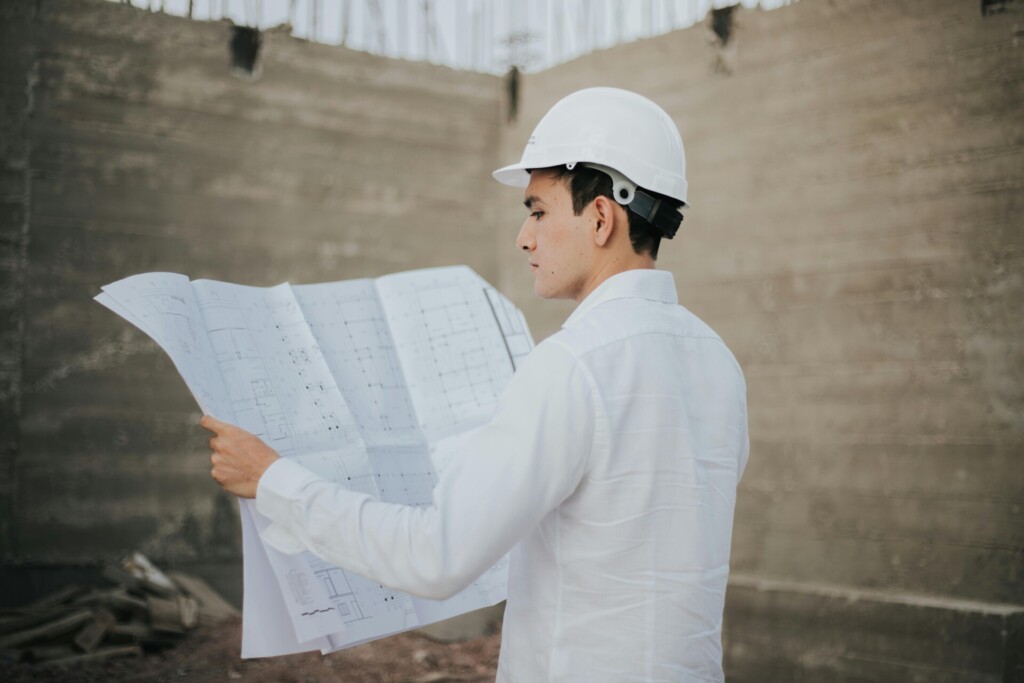
Dallas tenant improvements require clear planning, realistic budgets, and tight schedules to succeed. We see projects run smoothly when property owners and developers take a systematic approach from day one. Success depends on defining project goals upfront, understanding code requirements, and selecting the right delivery method for your timeline and complexity.
The foundation starts with confirming ADA compliance and permitting requirements early in the process. We coordinate with Dallas city officials to ensure all building regulations are met before construction begins. This prevents costly delays and rework later. Verify contractor licenses through the local licensing board and speak with past clients about their experience. Getting at least three complete bids allows for fair comparison while ensuring each proposal covers the full scope of work. Build MEP coordination and HVAC upgrades into your timeline, and plan for turnover procedures and facility maintenance to support ongoing operations. These steps help you finish on time, stay on budget, and move into a space that functions properly from day one.
Ready to move forward with your Dallas tenant improvement project? Contact EB3 Construction to discuss your commercial space renovation needs.

